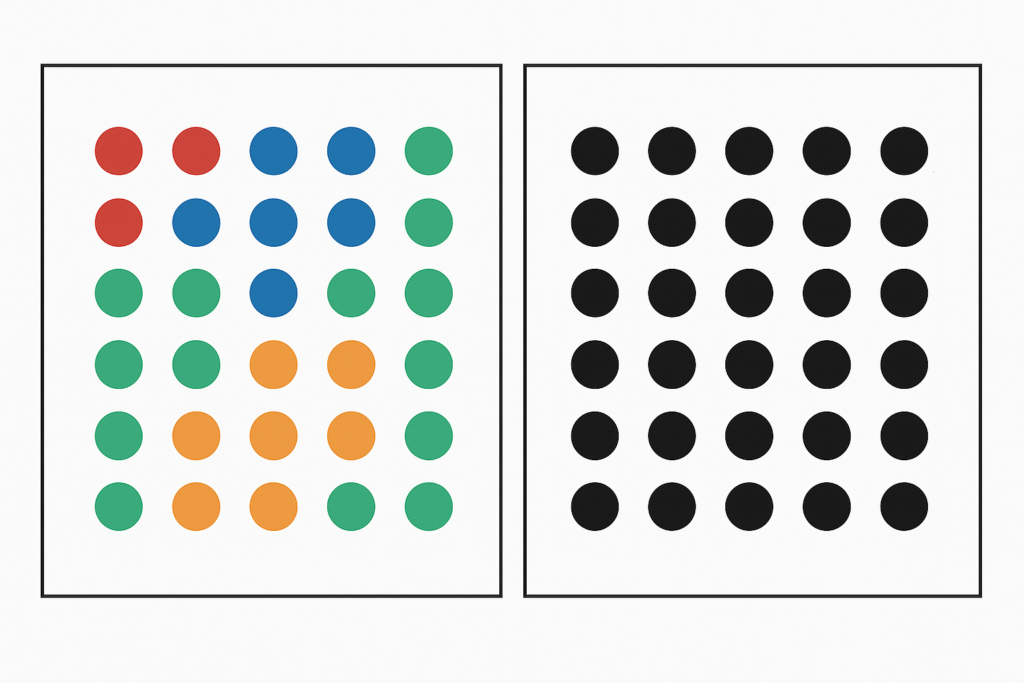The European Patent Office (EPO) will increase a wide range of official fees with effect from 1 April 2026. As with previous fee adjustments, many applicants are planning to secure the lower rates by ensuring that all relevant fees are paid on or before 31 March 2026. For standard (EP direct) European patent applications, this approach is usually straightforward: if the fee is validly paid before the increase takes effect, the lower amount generally applies. However, applicants entering the European phase of a PCT application should exercise caution.
When the 31‑month deadline for European phase entry falls on or after 1 April 2026, simply paying the fees before that date may not be sufficient because the EPO does not start processing a Euro-PCT application before the 31-month time limit (Rule 159(1) EPC) has expired.
To ensure that the lower pre‑increase fees remain applicable, applicants should consider submitting a request for early processing under Article 23(2) or 40(2) PCT. Only when such a request is filed on or before 31 March 2026 will the EPO process the entry early, allowing the lower fees to apply. Applicants with PCT applications approaching the end of the international phase should therefore review their timelines carefully and, where appropriate, file a request for early processing to avoid unintended exposure to higher fees.

